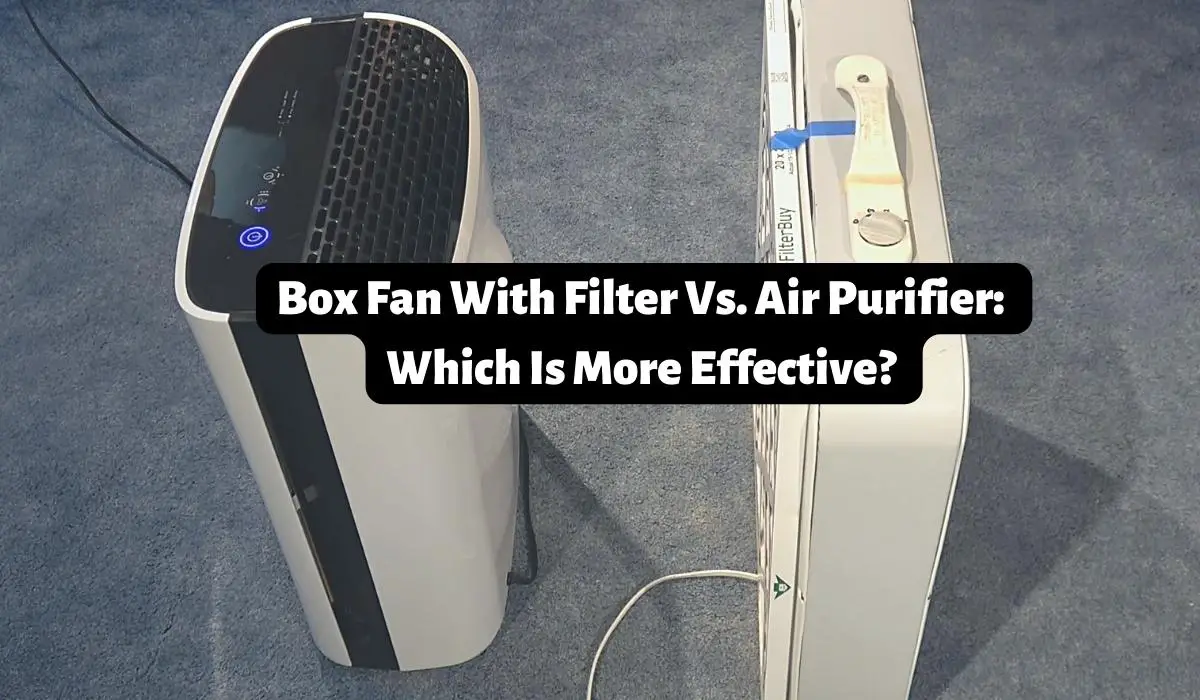Last Updated on August 24, 2025
When you’re talking about air circulation, there are box fans that can do the job just fine. In recent times we have seen air purifiers getting popular because of their functionality and what it offers. In terms of circulation and purification, box fan with filter vs. air purifier, which one is more effective?
A box fan is an inexpensive solution that can help with air circulation. When it comes to purifying the air, a box fan won’t cut it, whereas purifiers are made particularly to better the air quality and sanitize them. Not to mention its top-notch air-circulating ability.
In this write-up, we will discuss the addition of filters on box fans for air purification and how it compares to orthodox purifiers. Without further ado let’s dive in.
What Is a Box Fan?
Just as the name suggests, it is a fan encased in a box. The casing is made of wire mesh and there is a motor and fan that rotates to provide air circulation. They come in different sizes starting from standard to industrial variations.
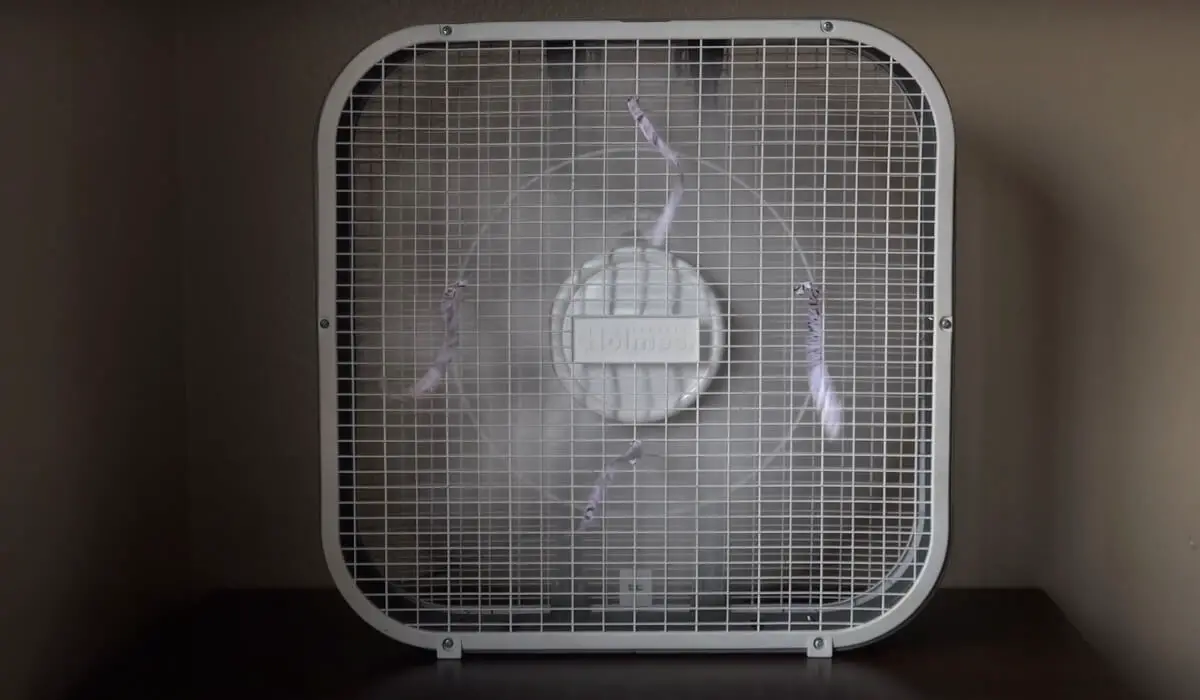
A box fan is a device that provides a gust of wind towards you or it can be used to suck out the air if put on window screens. The main purpose is to add a breezy effect during hot days. You are likely to see a box fan in most houses as it can be placed easily on floors, tables, and windows.
What Is a Box Fan with Filter?
A box with an external filter is known to be a good smoke eliminator. Box fans usually don’t come with filters, you have to add them and turn them into a DIY air cleaner. You’ve seen it right, you can turn a box fan into a purifier by attaching a filter. The filtering materials will catch any particulates when air passes through the system and clean air is transferred as a result.
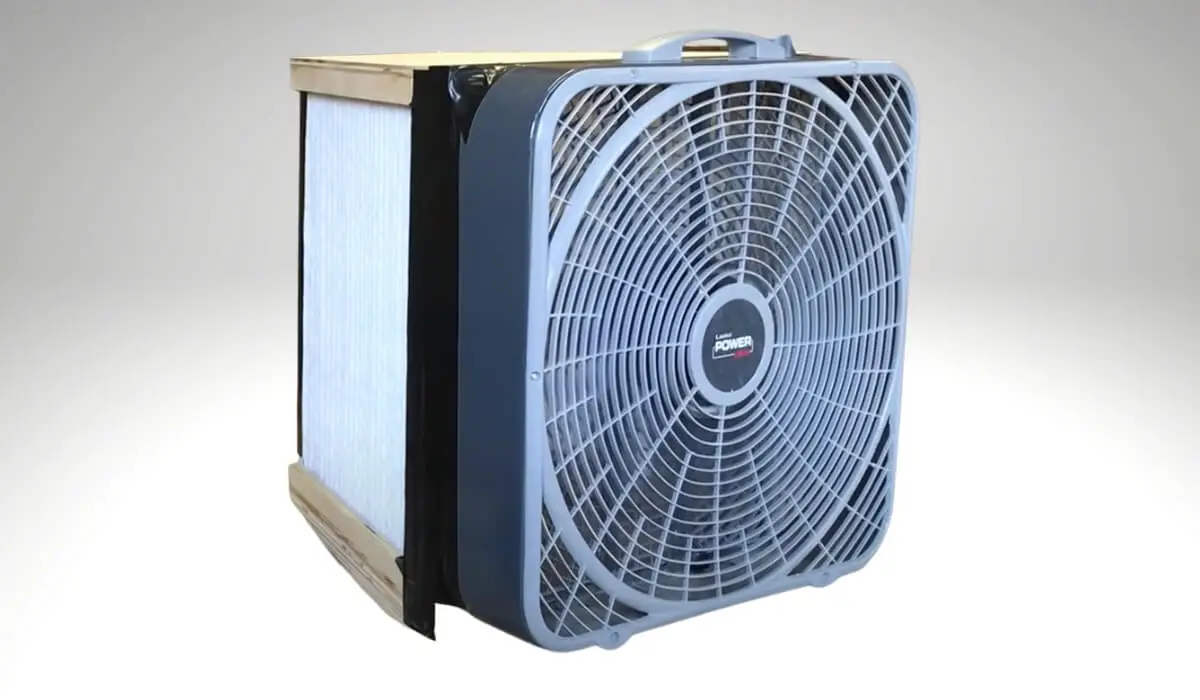
Adding a MERV 13 filter can work wonders for you. When the fan draws in air from the outside environment, the filter material will strain the air and pass on the uncontaminated air to your home.
Positive Sides of Box Fans
- Provide a cooling effect by circulating air
- Can take out hot air from the interior (when put in the window)
- Manage room temperature
- Adding a filter can block some contaminants
- Filters can help take out the smoke
The Drawbacks of Adding Filters
- If you want purification then box filters are the best choice
- It cannot terminate VOCs and harmful particulates
- It is likely to restrict the natural airflow of the fan
- Possibility of leaking particulates if the filters are not fixed properly
Is Box Filters Worth the Purchase for Air Filtration?
We won’t suggest box filters if you are looking for comprehensive air purification. If the task is small and you just want to deal with pet hairs and such, then box filters can work. Take note that adding filters may obstruct the actual airflow and you might be getting downgraded circulation without even realizing it.
What Is An Air Purifier?
Air purifiers are used to treat air, as simple as that. There are different types of air purifiers, such as HEPA, Ionic, and UV filters. These variants are tailor-made to counter allergens, and pathogens from the surroundings to provide clean airflow within the house.
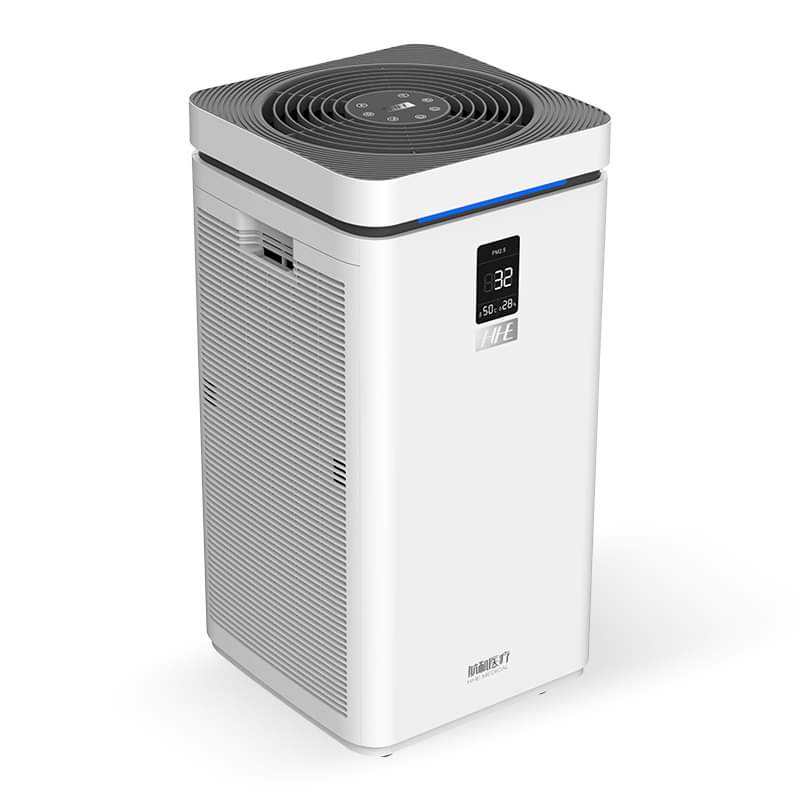
HEPA Filter
This type of filter uses a 3-way straining method to capture the contaminants from the air. When the air is sucked into the fan, the contaminants are caught in the filters, and odors are neutralized. Then the clean air is re-channeled to the open. For purifying bigger areas, we prefer HEPA filters.
Ionic Purifiers
Ionic purifiers work by emitting negative ions in the open and weighing down the positive contaminants from the air. Ionic purifiers are widely used for minor cleansing routines. It can be used in cars and smaller rooms.
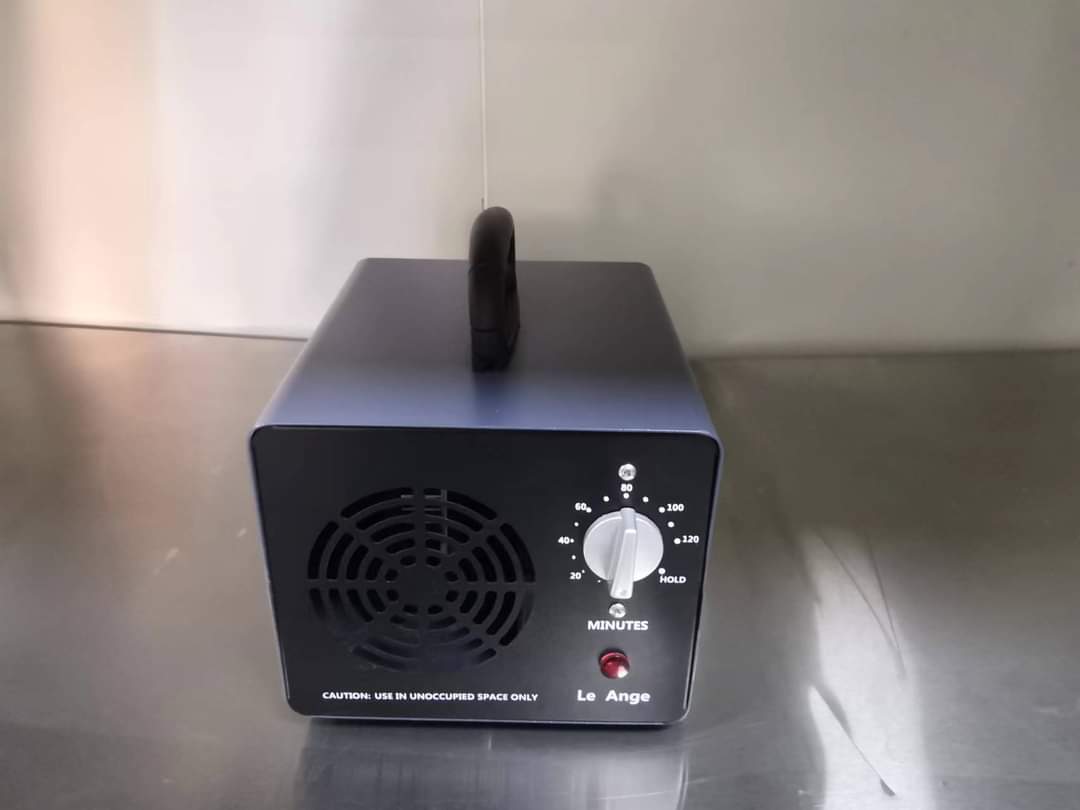
The effectiveness might not compare to what HEPA offers, but it is believed that ionizers work better in dealing with VOCs. There are a few drawbacks of ionizers, they release ozone which is harmful to humans and the environment, plus they don’t eliminate the particles, but rather make them stick to the nearby surfaces.
Advantages of Conventional Air Purifiers
- They are more potent (Known to remove 99.97-99.99% of harmful particles)
- Depending on the type it can remove mold, bacteria, viruses, and mildew
- Helps to reduce dust mites
- Reduces the chances of asthma and allergies
- Known to provide better coverage
- Circulates air as well as removes harmful particles from it
Disadvantages of Air Purifiers
- Ionizers don’t eliminate particulates, they make them stick to surfaces
- UV purifiers and ionizers are known to produce ozone
Are Air Purifiers Effective?
Yes, they are! When we put a box fan with Filter vs. air purifier head to head, the conventional purifiers will take the win.
Purifiers are more effective in terms of taking out pathogens and allergens. Air purifiers such as HEPA, Ionic, and even UV lights are tested by professionals and have been granted for their cleaning properties.
They might be expensive compared to external filters, but you cannot complain much when it comes to their serviceability in maintaining the air quality.
Frequently Asked Questions
- What is better: a fan or an air purifier?
For cooling purposes, you can use a fan. For cleaning contaminants from the air, there is no better alternative than an air purifier.
- Is a filter on a box fan effective?
Not when you need to sanitize the air. Filters on box fans can hold on to some harmful particles, but not all.
- Is an air purifier just a fan with a filter?
Air purifiers may contain filters and a fan, but they are not like traditional HVAC filters. Air purifiers are more competent in taking out smaller particles and even counter VOCs. Some air purifiers might not have a filter, just like UV light purifiers or ionizers.
- Which method of air purification is more efficient?
For air purification, we would suggest getting a HEPA purifier. The straining function on HEPA filters is very effective and is known to be safe for humans unlike the ozone emitting ones like Ionic devices.
Conclusion
Those who are looking for an affordable way to filter particulates from the air might well like the idea of adding filters to their box fan. It is not going to cost much; they just need to find a fitting filter for their existing fan.
Box fan with filter vs. air purifier – which one to go for, then?
Our recommendation will be to keep filters away from box fans. Let the box fan do what it is meant to do, which is to provide airflow and circulate it. Attaching filters to the fan can downgrade the flow rate and overall performance.
If you are serious about sanitizing the air and want to cherish optimum air quality, then get yourself an air purifier.
